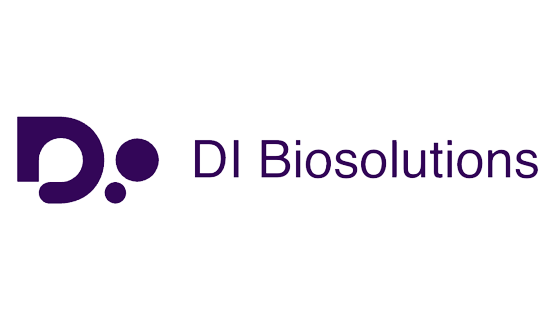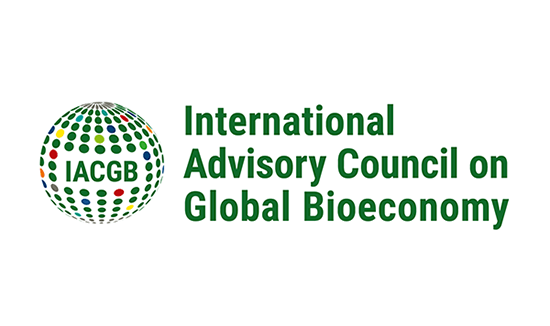
Is Europe on the verge of a job and growth boom?
Yes – if the right policy framework is put in place. Europe is in a strong position to seize the opportunity. That’s the conclusion of this comprehensive report on biosolutions.
A new era for Europe begins with biosolutions
The biosolutions industry is opening up unprecedented opportunities for Europe — opportunities to create jobs, drive growth, and build lasting economic resilience. With the right policies and investments, Europe can lead the world in driving the value of biosolutions to transform industries and accelerate the shift to a competitive future.
By 2035, biosolutions could generate more than 600,000 jobs and €133 billion in economic value across Europe. These numbers represent new prosperity, innovation and opportunity for communities across the continent.

600,000 jobs by 2035
The biosolutions industry could generate more than 600,000 direct and indirect jobs in Europe by 2035—nearly the equivalent of the entire population of Luxembourg.
€133 billion in economic gains
The total economic gain could reach €133 billion, with €46 billion in direct value—nearly matching the combined annual contributions from France, Italy, and Spain to the EU budget.
Lasting economic resilience
As countries worldwide ramp up investments in biosolutions, Europe has a unique opportunity to lead the charge, strengthen its competitiveness and build lasting economic resilience.
What are biosolutions?
Microbes, enzymes, and other proteins are the building blocks of all living things. Using modern science and technology, these microscopic changemakers can be used as solutions to help businesses reduce waste, save energy and water, cut dependence on fossil resources, and develop innovative and profitable products.
Biological solutions – or ‘biosolutions’ – are already used across more than 30 industries from preventive health and industrial applications to agriculture and food production. They represent a growing transformation that promises to reshape economies and accelerate the transition towards a sustainable, resilient and competitive future.

Europe stands at a critical juncture facing rising global competition. With the right policies, biosolutions can drive Europe’s competitiveness, offering biological answers to the defining challenges of our time.








